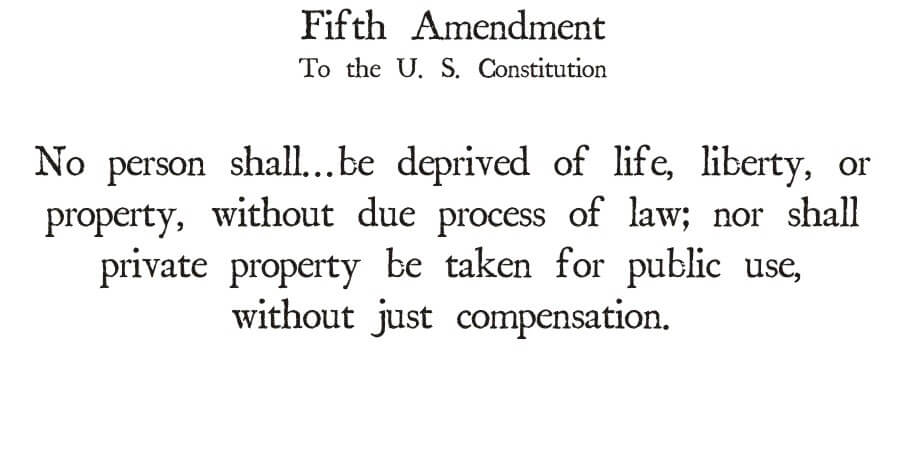Bill of Rights Facts for Kids 2023 [Constitution Facts]
The Bill of Rights is the most important and influential document of the United States constitution, something that all should know and understand. And so, this is the kids friendly version for easy understanding 🙂
Bill of Rights Definition and History
The Bill of Rights is the first ten amendments to the United States Constitution.
What is the Purpose of the Bill of Rights?
The purpose of the Bill or Rights is to guarantee essential rights and civil liberties, such as the freedom of religion, the right to free speech, the right to bear arms, trial by jury, and more, as well as reserving rights to the people and the states.
Why is the Bill of Rights Important?
The Bill of Rights has proven to be one of the most influential and important documents in contemporary history. It established soaring principles that guaranteed the most fundamental rights in very general terms.
How did the Bill of Rights become part of the Constitution?
For the Constitution to take effect, it had to be approved by nine of the 13 states. However, many states were not ready to approve the Constitution.
They were worried that it didn’t guarantee basic freedoms and rights to American citizens. They also worried that it didn’t put enough limits on the power of the federal government.
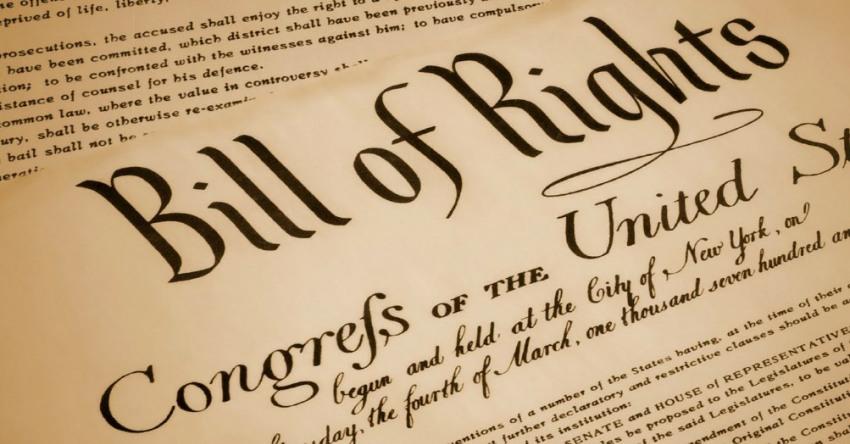
When was the Bill of Rights written?
James Madison, known as the Father of the Constitution, wrote 12 amendments. He presented them to the First Congress in 1789. The states approved ten of the amendments.
These ten amendments were passed on December 15, 1791. They became known as the Bill of Rights, and the Constitution was finally ratified (approved).
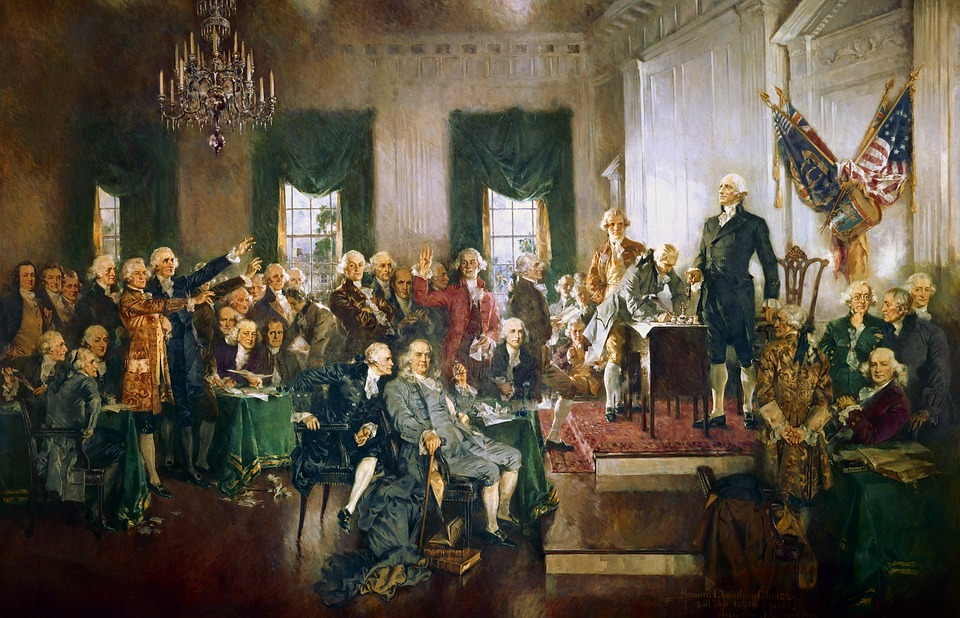
Let’s take a quick look at each of the ten amendments that make up the Bill of Rights.
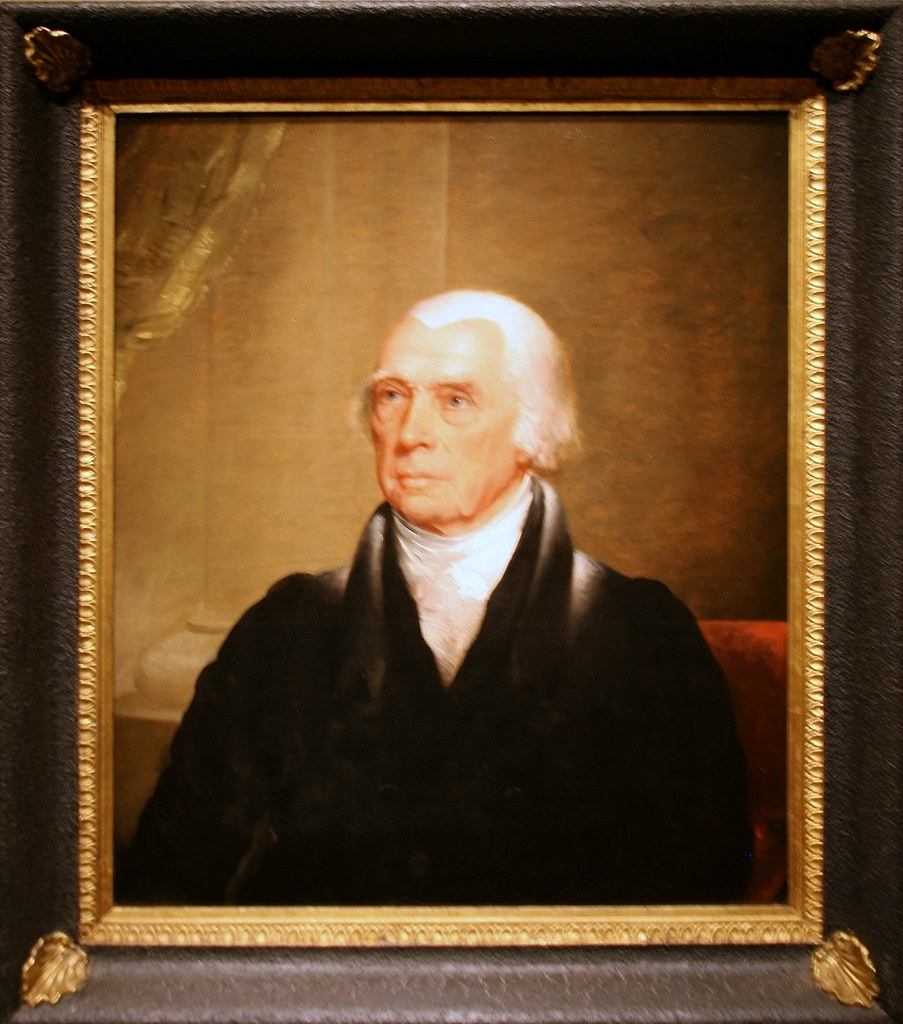
The United States Bill of Rights: First 10 Amendments
First Amendment
The First Amendment protects several basic freedoms. It allows people to express their opinions through speech and the press (news and media).
It also protects the right to gather or assemble in a group to protest or for other reasons.
It prevents the government from creating or favoring a religion.

People can practice any religion they choose.
Read our article on the First Amendment.
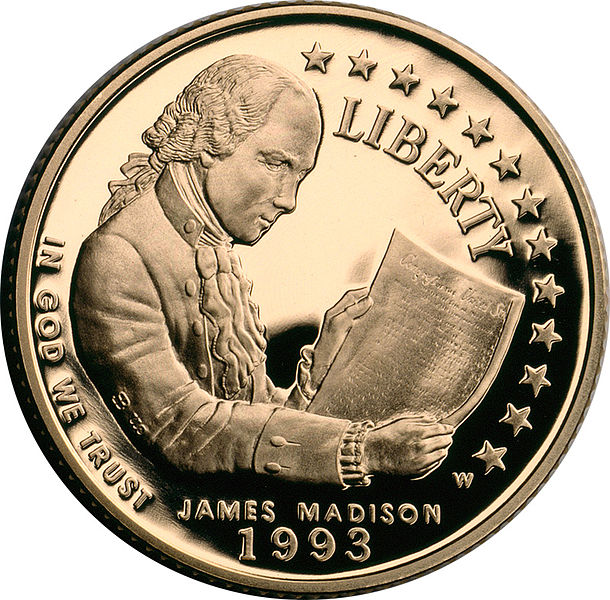
Second Amendment
The Second Amendment grants the right to keep and bear arms. This means that citizens can own weapons to protect themselves.
Read our article on the Second Amendment.

Third Amendment
The Third Amendment says that in peacetime, American citizens will never have to house soldiers in their homes without giving their permission.
Before the Revolution, British soldiers would force Americans to provide food and housing for their soldiers.

Read our article on the Third Amendment.
Fourth Amendment
Amendments 4-8 explain the rights of people who are suspected of committing a crime. The Fourth Amendment protects Americans from unreasonable searches and seizures.
There must be a good reason for a search, and a warrant signed by a judge is required.
Learn more about the Fourth Amendment.
 Fifth Amendment
Fifth Amendment
The Fifth Amendment says that anyone accused of a crime is innocent until proven guilty. A grand jury must decide if a case should go to trial, and a person cannot be tried twice for the same crime.
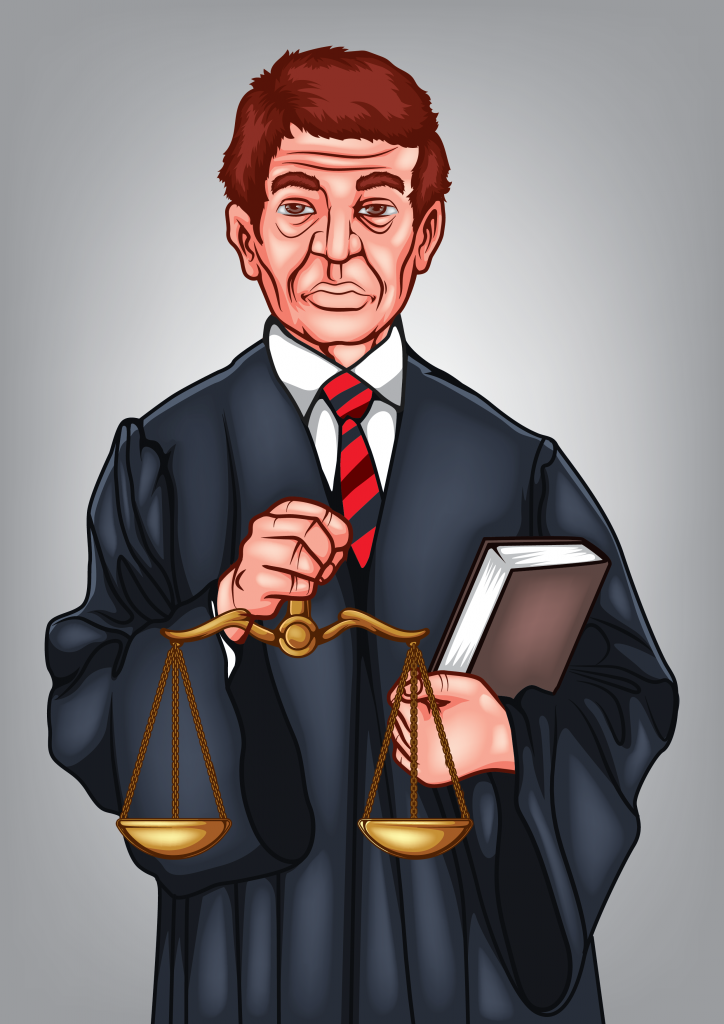
Neither can the government take anyone’s private property without paying for its use. Finally, it protects people from being forced to testify against themselves.
This is what it means when people say: “I plead the Fifth.”
Read more about the Fifth Amendment.
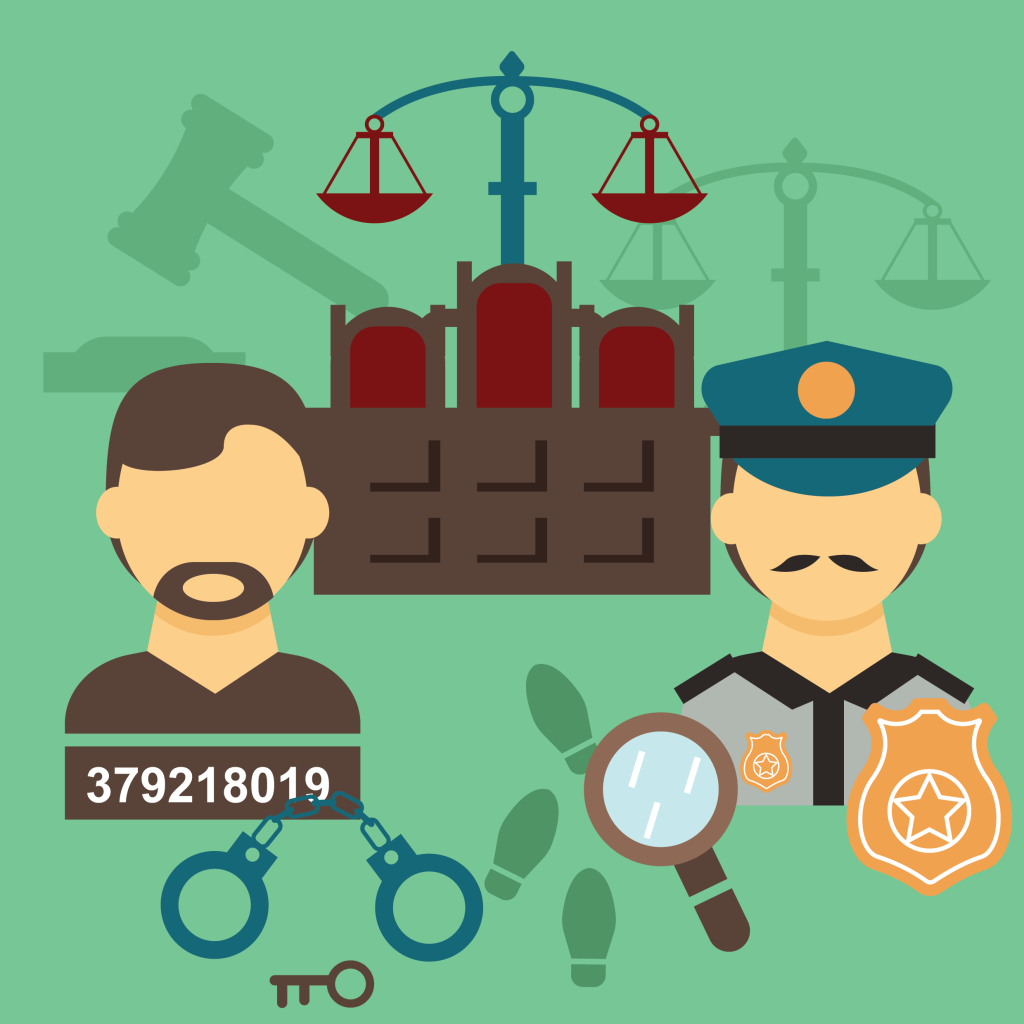
Sixth Amendment
The Sixth Amendment outlines requirements for a fair trial. Citizens have the right to a speedy and public trial by an impartial jury.
The defendant has the right to a lawyer and to bring their own witnesses to trial.
Learn all about the Sixth Amendment.
Seventh Amendment
The Seventh Amendment says that certain civil cases may also be tried by a jury.
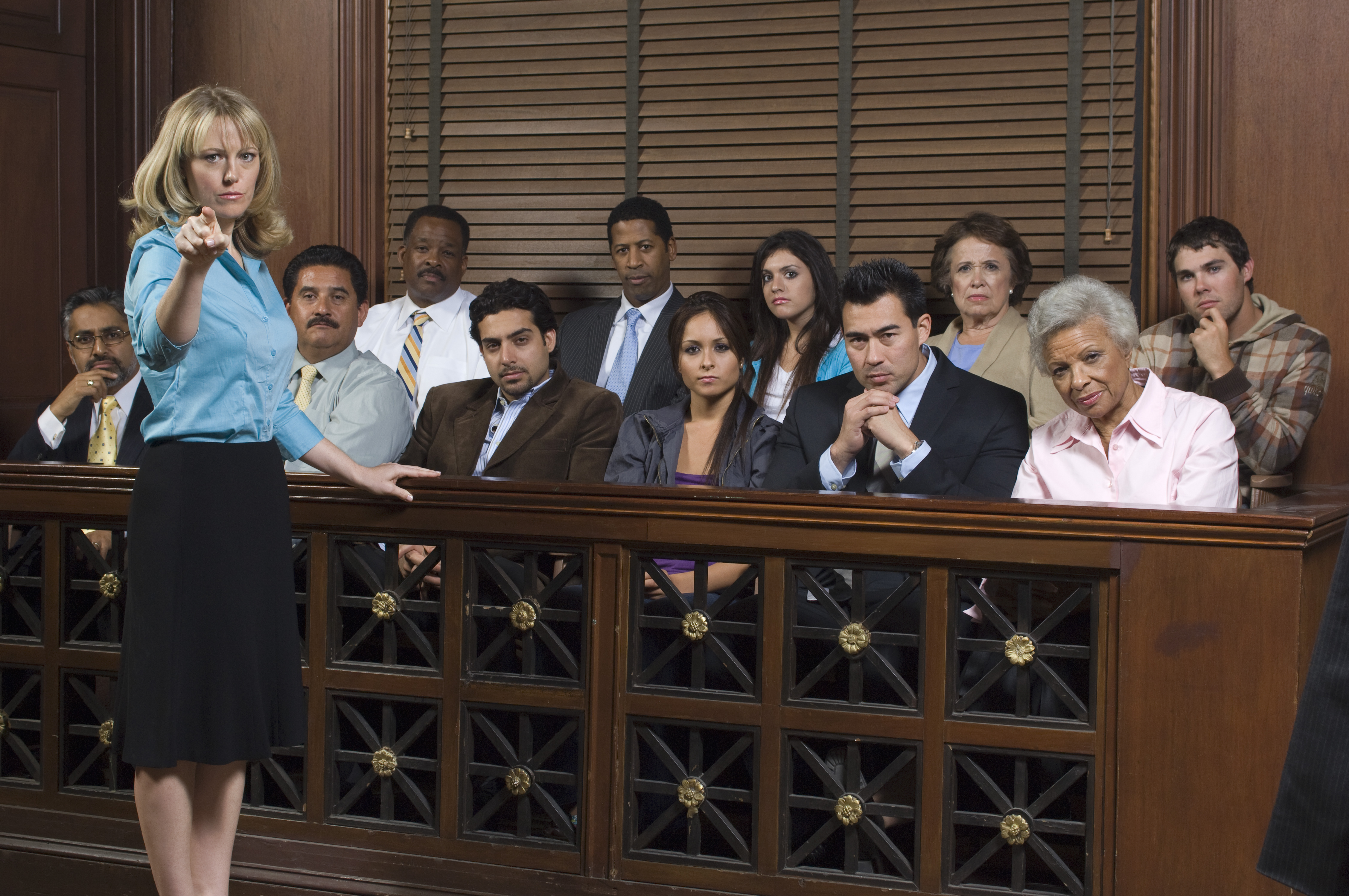
Eighth Amendment
The Eighth Amendment protects people from having to pay unreasonably high bail in order to be released from jail while awaiting trial. It also outlaws “cruel and unusual punishment” for crimes.
Learn more about the Eight Amendment.
Ninth Amendment
The Ninth Amendment explains that people’s rights are not limited only to the rights that appear in the Constitution.
Learn more about the Ninth Amendment.
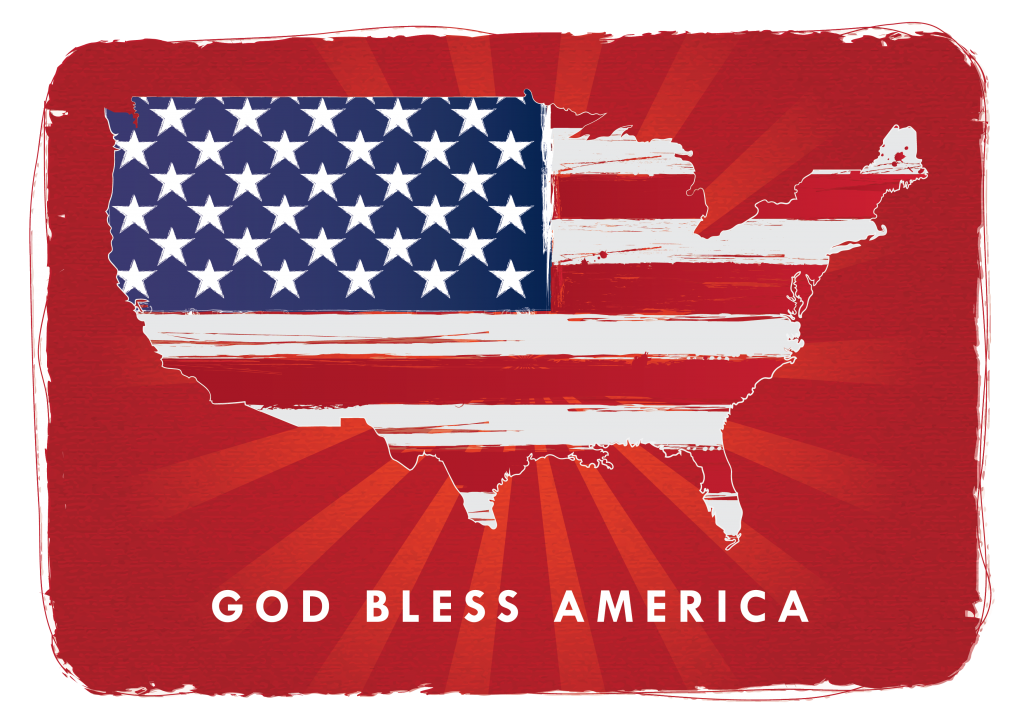
Tenth Amendment
The Tenth Amendment says that the federal government only has the powers mentioned in the Constitution. If it is not listed, it belongs to the states or to the people.
Find out more about the Tenth Amendment.
What if there was no Bill of Rights?
The entire Constitution would come apart if the Bill of Rights were not included.
Without those rights, we as a nation would eventually wander from the path the founding fathers envisaged for us, because the Constitution is the framework of our governance.
All citizens of the United States have their rights protected under the Bill of Rights.
Can the “Bill of Rights” be taken away?
No. Not easily. The entrenched Bill of Rights cannot be repealed or amended by regular procedures of a country’s legislature. President cannot repeal it with an executive order nor can the Congress pass a new bill to revoke it.
To alter the bill of rights, it would need to be ratified by 3/4th of the states and also 2/3rd of the votes in both the House and the Senate.
Other Interesting Facts About the Bill of Rights
The Bill of Rights was based on documents like the Virginia Bill of Rights, the English Bill of Rights, and the Magna Carta.

One of the two amendments not approved by the states prevented an excessively large Congress. It was supposed to limit the number of new seats that could be created in the House.
The second rejected amendment stated that Congress could not give itself a raise. They could vote on a raise, but it wouldn’t go into effect until the next House election.
This amendment was eventually ratified as the 27th (and most recent) to the Constitution.
The campaign to finally ratify the second rejected amendment was led by Gregory Watson, a student at the University of Texas.
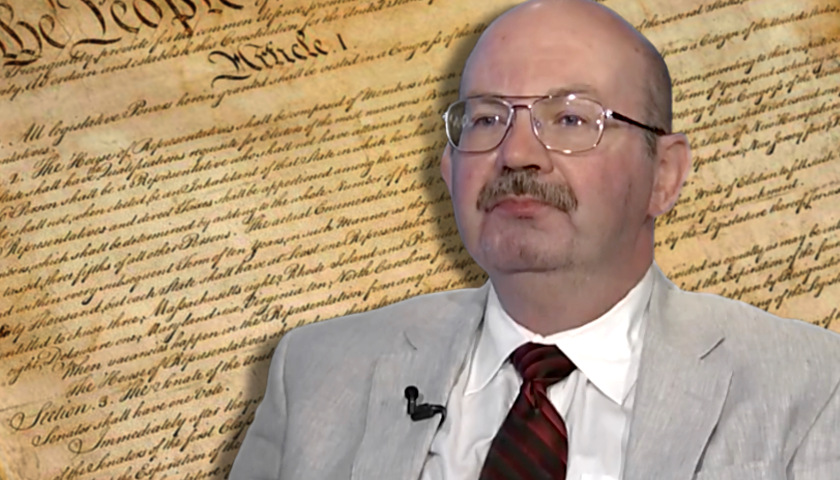
Massachusetts, Georgia, and Connecticut didn’t formally approve the Bill of Rights until 1939, the Constitution’s 150th anniversary.
The Third Amendment to the Constitution is the least used. The Supreme Court has never based a ruling on this amendment. Some call it the “runt piglet” of the Bill of Rights.
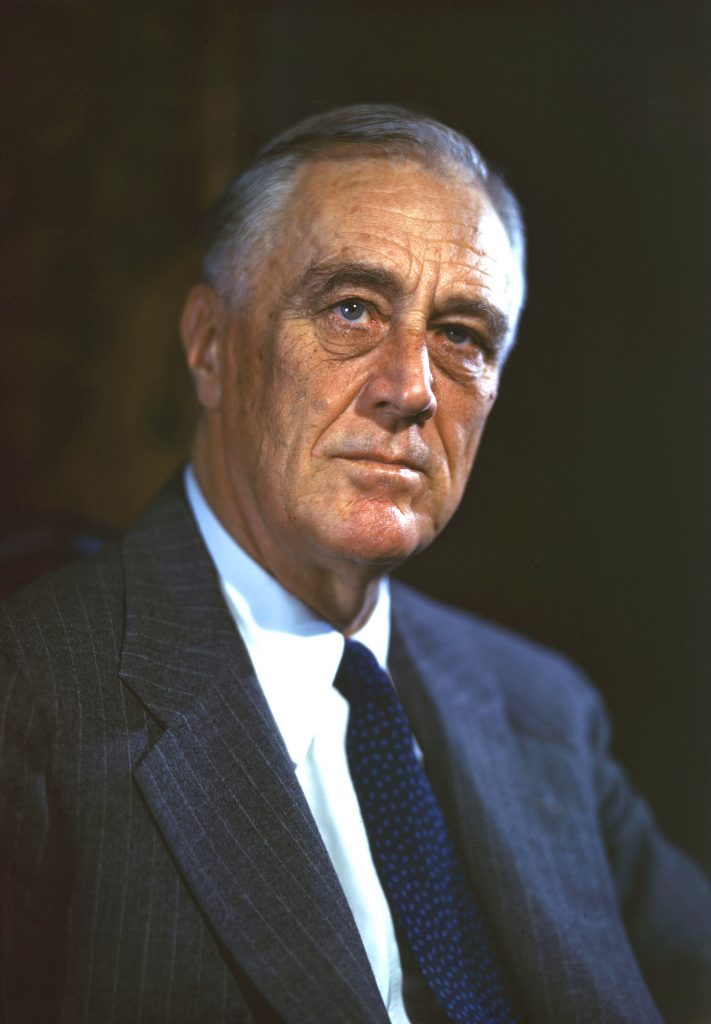
Franklin D. Roosevelt wanted Americans to celebrate December 15 as “Bill of Rights Day.”
For many years the Bill of Rights was not much enforced in courts mainly because people themselves were unaware of the enforceable nature of their rights. All this changed in the early 20th century with the rise of organizations like ‘American Civil Liberties Union’.
Frequently Asked Questions (FAQs)
Can the Bill of Rights be changed?
Yes, the Bill of Rights can be amended. However, it can be a difficult process. An amendment can be proposed by a two-thirds vote of both Houses of Congress or if two-thirds of the States request one. This is then presented to the President for their approval.
Does the Bill of Rights protect everyone?
The Bill of Rights guarantees rights and protections to every US citizen by limiting the power of the federal government. The First Amendment prevents the government from interfering with the freedom of speech, the exercise of religion, and the peaceable assembly of US citizens. Like this, there are nine more amendments guaranteed by the Bill of Rights.
Does the Bill of Rights apply to non-citizens?
Yes, the Constitution ensures due process and equal treatment under the law respecting to all persons – documented and otherwise. Therefore, the Bill of Rights is for everyone in the US.
Which Bill of Rights amendment is the most important?
The First Amendment is the most important part of the Bill of Rights. This amendment protects the freedom of speech, peaceful assembly, and exercise of religion of all citizens of the United States of America from the powers of the federal government.
Who supported the Bill of Rights?
The Bill of Rights was inspired by Jefferson and drafted by James Madison. All states except Georgia, Massachusetts, and Connecticut approved the Bill of Rights to be applied to their citizens. Franklin D Roosevelt was also a huge supporter of the Bill of Rights.
Today, only the 12 original copies of the Bill of Rights remain.

